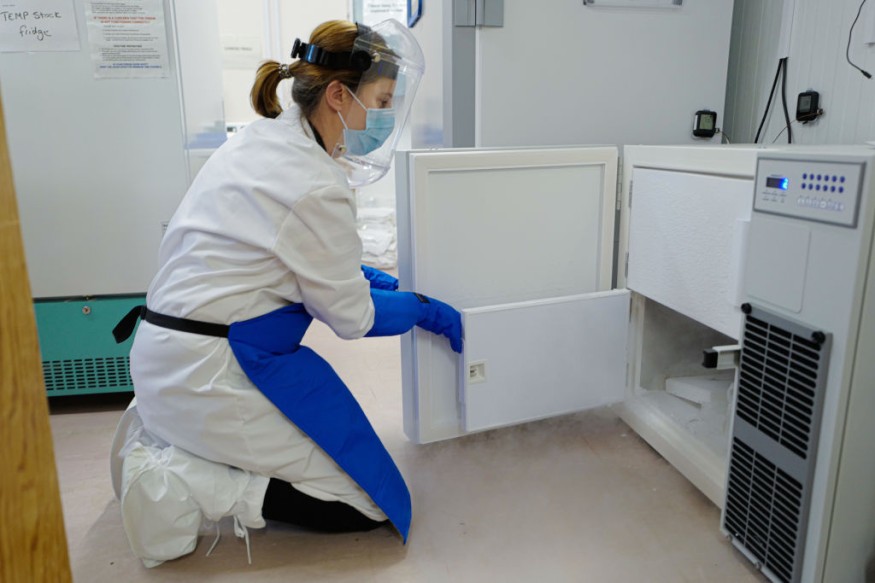At the beginning of COVID-19 vaccine distribution of Pfizer and BioNTech, the companies said that their vaccines need to have ultra-cold storage of at least -70°C ± 10°C. According to the CDC, vaccine vials are stored in trays that contain a minimum of 975 doses.
But after a few months, Pfizer and BioNTech announced that their highly effective COVID-19 vaccine does not need ultra-cold storage conditions after all. Additionally, the vaccines can be kept stable at standard freezer temperatures for two weeks, ARS Technica reported.
They have already submitted their new data to the USA Food and Drug Administration (FDA) that shows their vaccines remain stable even in warmer conditions than their initial report in a bid for regulatory approval to ease storage requirements and the labeling of vaccines.

Standard Freezer Temperatures
The stability data submitted by Pfizer and BioNTech companies to the US regulator demonstrates that their COVID-19 vaccine can be stored at the standard medical freezer temperatures of about -15°C to -25°C for up to two weeks, Financial Times reported.
According to BioNTech's chief executive Ugur Sahin, the vaccine's ability to be stored at a warmer temperature than their previous guideline would give vaccination centers greater flexibility. He added that the company is continuing to develop novel formulations to make their COVID-19 vaccine even easier to transport and use.
Pfizer and BioNTech's joint breakthrough vaccine was the first to be granted emergency use authorization from the United Kingdom, United States, and European Union last year. However, transporting the vaccines has proven to be a challenge due to its storage temperature requirements especially n remote areas without "cool-chain" infrastructure.
As one of the logistics companies involved in shipping the Pfizer-BioNTech COVID-19 vaccine, DHL said that the government earlier this month has failed to prepare for the last mile delivery which is beyond the specialist distribution and storage centers.
What Does This Imply?
It is expected that the new storage guidelines would ease the constraints of storing the vaccines and make them more competitive. Other vaccine developers like Moderna's vaccine that uses similar mRNA technology that can be stored in refrigerator temperatures of between 2°C and 8°C for 30 days.
Also, Germany's CureVac can be kept at the same freezing temperatures for three months.
"We have been continuously performing stability studies to support the production of the vaccine at a commercial scale, with the goal of making the vaccine as accessible as possible for healthcare providers and people across the US and around the world," Pfizer CEO Albert Bourla said in a statement.
"If approved, this new storage option would offer pharmacies and vaccination centers greater flexibility in how they manage their vaccine supply."
Check out more news and information on COVID-19 on Science Times.










